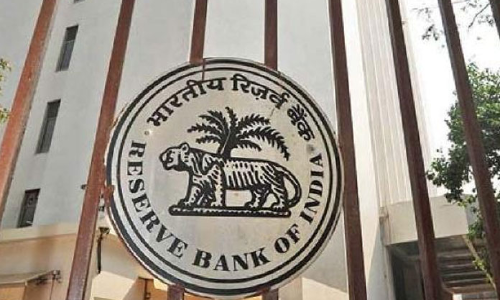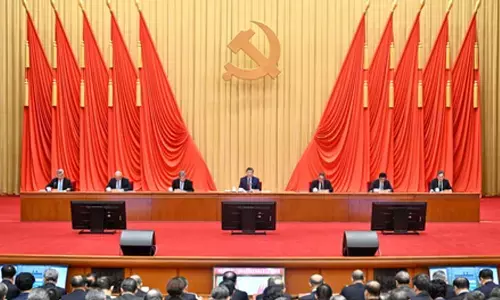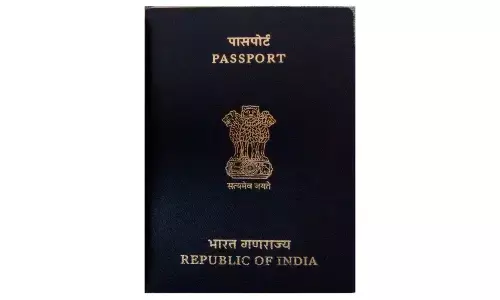Govt finances get RBI dividend boost

After reducing key interest repo rate by 025 per cent to 625 per cent in the first week of this month, the Reserve Bank of India RBI took another key decision to improve economic climate before the country heads for general elections later this year On Monday, the apex banks Board which met in New Delhi took a decision to pay an interim dividend of Rs 28,000 crore to the central government
After reducing key interest (repo) rate by 0.25 per cent to 6.25 per cent in the first week of this month, the Reserve Bank of India (RBI) took another key decision to improve economic climate before the country heads for general elections later this year. On Monday, the apex bank’s Board which met in New Delhi took a decision to pay an interim dividend of Rs 28,000 crore to the central government.
"Based on a limited audit review and after applying the extant economic capital framework, the Board decided to transfer an interim surplus of Rs 280 billion to the central government for the half-year ended December 31, 2018," RBI said after the meeting addressed by Finance Minister Arun Jaitley.The latest move by the apex bank will go a long way in helping the Narendra Modi government to keep fiscal deficit in check at a time when it has been announcing one populist scheme after another to retain faith of voters in the upcoming elections.
However, this is second time in recent times that the apex bank has announced an interim dividend. Last year, RBI which follows July-June financial year came to the rescue of the government with an interim dividend of Rs 10,000 crore.But the government wanted higher pay-out this year. It was also said that the Centre was also eyeing a large chunk of reserves that RBI has. The apex bank even set up an expert committee to examine the possibility of transferring some of its reserves to boost the central government’s coffers.
Arvind Subramanyam, who worked as chief economic advisor (CEA) from October 2014 to June 2018, argued that the Centre could take Rs 4.5-7 lakh crore from excess capital or reserves it currently has. He pointed out that RBI was keeping close to 28 per cent of its balance sheet in the reserves, against a global average of 8.4 per cent.In this backdrop, the higher interim dividend announced by RBI this time is likely to give some relief to the central government which recently announced Rs 75,000-crore annual support scheme for farmers.
Under this scheme called Prime Minister Kisan Samman Nidhi (PM KISAN), farmers with less than two hectares of land will get an annual pay-out of Rs 6,000. The Centre has allocated Rs 20,000 crore for this scheme in the current fiscal. As result, fiscal deficit for 2018-19 is projected to be slightly higher at 3.4 per cent of the GDP.
But will such efforts pay dividends in the elections? There is no guarantee as election outcomes depend on multiple factors and economic climate is one of them. The fact of the matter is that the political party in power will use every option and weapon at its disposal to its advantage. Of course, there is nothing wrong in doing so. Nonetheless, any step to improve economic climate should be welcomed as it will benefit people at the large. It’s immaterial whether it tilts scales in favour of a party in power or not.














